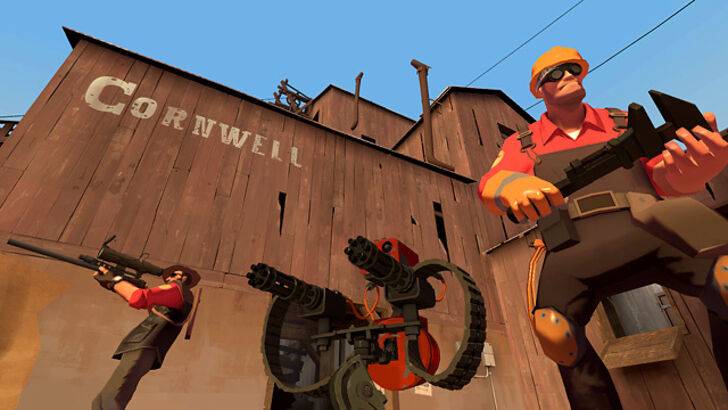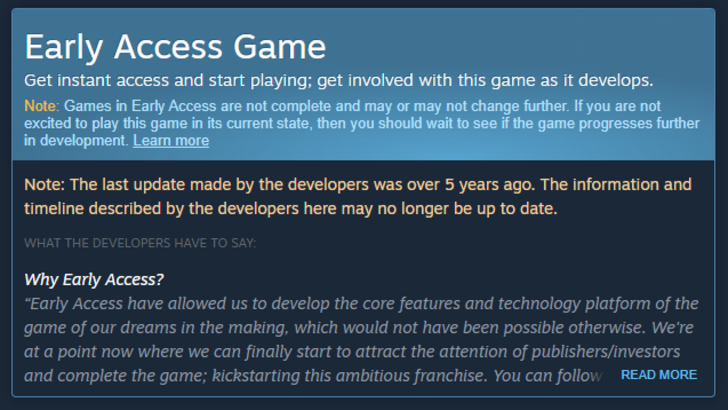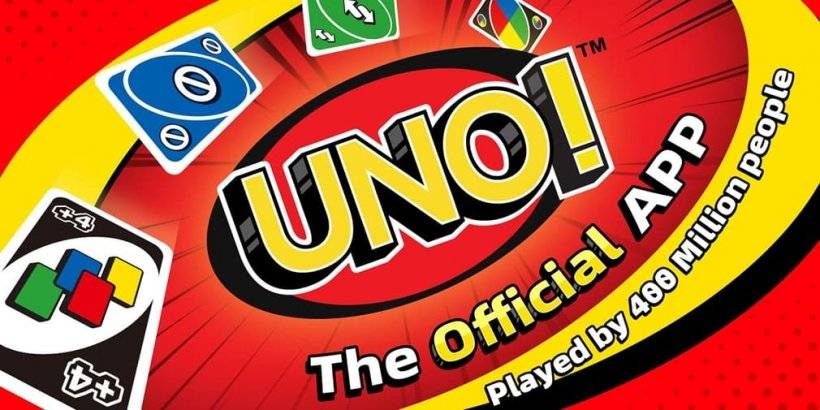
Valve has introduced a robust policy against forced in-game advertising, ensuring a smoother and more enjoyable gaming experience for players on Steam. Dive deeper into this policy and understand its implications for the gaming community.
Valve Rolls Out Rules for Games with Forced Advertising
Games are Forced to Remove Ad Elements

Valve has established a clear stance against games that require players to watch or interact with in-game advertisements to progress or earn rewards. This practice, prevalent in many mobile and free-to-play games, disrupts the gaming experience with unskippable ads between levels or offers ads as a means to gain additional in-game benefits.
The policy, integrated into Steamworks' terms for nearly five years, has now been prominently featured on a dedicated page. This move comes as a response to the increasing number of game releases on Steam. According to SteamDB, 2024 saw an impressive 18,942 games launched on the platform.

Given the platform's growth, Valve has tightened its guidelines. Steam, devoid of paid advertisements, does not support ad-based business models. Developers wishing to publish games on Steam must remove such ad elements or transition their games into a "single purchase paid app."
Alternatively, they can adopt a free-to-play model with optional microtransactions or purchasable downloadable content (DLC). A notable example is the business management game "Good Pizza, Great Pizza," which, after removing in-game ads, offers its additional content as paid DLCs or through gameplay progression.
Product Placements and Cross Promotions Allowed on Steam
While intrusive ads are banned, Steam permits product placements and cross-promotions like bundles and sales events, provided they adhere to copyright laws. This includes racing games like "F1 Manager" featuring real-life sponsor logos or skateboarding games showcasing actual brands.
This policy underscores Valve's commitment to delivering high-quality gaming experiences on PC, free from the interruptions of forced advertisements, thus enhancing user immersion and satisfaction.
"Abandoned" Early Access Games Now Give Warning

Additionally, Steam has introduced a feature to alert users about Early Access games that have not been updated in over a year. The store pages of these games now include a notice indicating the duration since the last update and a disclaimer that the developers' information may no longer be current.
This feature aims to assist customers in identifying potentially abandoned titles amidst the growing number of Early Access games on Steam. While negative reviews often signal abandoned games, this new alert provides immediate visibility.
The gaming community has responded positively to this update, with many expressing gratitude on social media and Steam forums. Some users advocate for the delisting of games that have been neglected for over five years, enhancing the overall quality and reliability of the platform.

 Latest Downloads
Latest Downloads
 Downlaod
Downlaod




 Top News
Top News






![Cockham Superheroes – New Version 0.5.2 [EpicLust]](https://images.5534.cc/uploads/36/1719595948667ef3acb2d9e.jpg)


